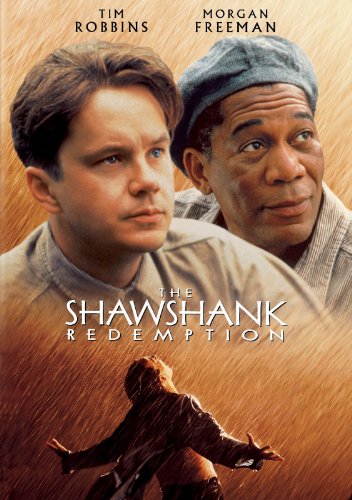
Familiarize yourself with the blog. You'll quickly notice that all of your assignments are listed here in chronological order. There are also many posts that go beyond these listed here for your assignments, and feel free to browse those using the links in the right side menu.
The course calendar (available as a link on the Course Resources tab--look near the top of your screen) is a really important document. It shows your assignments, due dates, and in-class meetings. You'll see that for Thursday you are to register for this website (so you can log in and comment to posts), and that you are to read the blog post Using Movies (right below this one).
The Course Resources tab has links to important information that you will likely need to access throughout the course. One such link is the How To Register link. You'll need to go there next, click the link, and read and follow the directions carefuly. Make sure you have scrolled all the way to the bottom of the document so you follow all the directions.

















Recent Comments